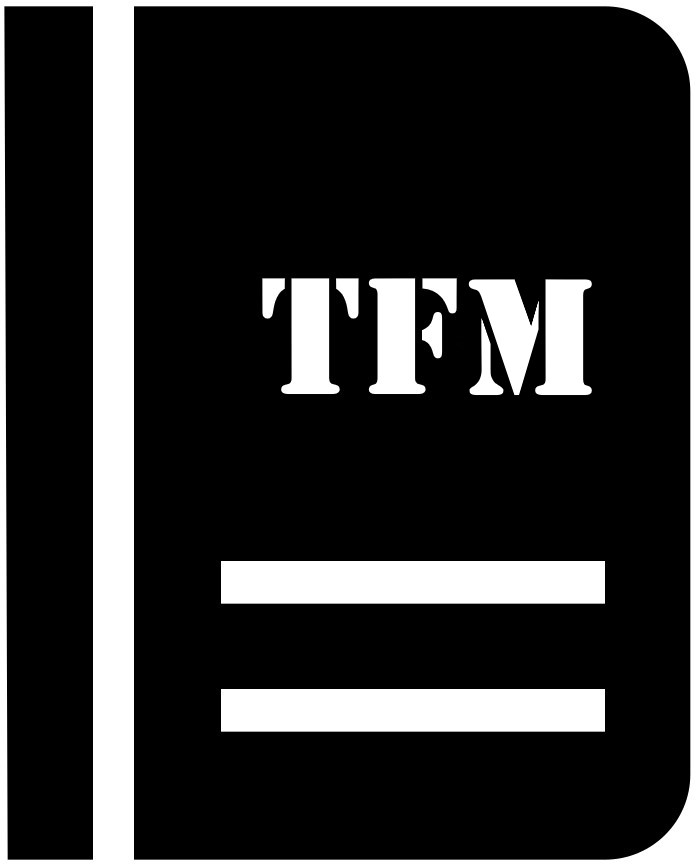|
Author
Rodriguez Herrera, Daniel
|
Abstract
Fabry’s disease (OMIM 301500) is an X-linked recessive metabolic disorder caused by defi-ciency in lysosomal α-Galactosidase A, producing an alteration in the catabolism of sphin-golipids. This results in progressive lysosomal accumulation of neutral glycolipids containing terminal α-galactose residues, primarily globotriaosylceramide (Gb3), in the tissues and body fluids.
Enzyme replacement therapy (ERT), in which the defective enzyme is replaced by an exog-enous chronic administration of a recombinant variant, has been available for Fabry disease treatment, since 2001. Currently, two commercial formulations have been developed: agalsidase beta (Fabrazyme®; Genzyme Corporation) and agalsidase alfa (Replagal®; Shire Human Genetic Therapies). However, this approach presented some disadvantages related to the high cost of the treatment due to the lack of information about clinical features and stages of the disease, small number of patients and the need of repeated administration of large amount of the enzyme. Therefore, the development of improved treatments are neces-sary in order to obtain a considerable reduction on the Fabry disease treatment cost and a substantial improvement in the life-quality of Fabry disease patients.
The development of bioprocess capable to maximize productivity, maximize quality, minimize cost, as well as reducing the time to market recombinant proteins are a must. In this sense, in this master thesis a purification protocol was developed for the optimization of the purifica-tion of recombinant alpha-galactosidase A (α-Gal A) enzyme in two chromatographic steps. The first step consisted in an anionic exchange resin (TOYOPEARL GigaCap Q-650M) and the second step consisted in a hydrophobic interaction resin (TOYOPEARL Butyl-650M). The enzyme was purified from suspension culture supernatants of CHOs GAL recombinant culture cells. After the second step, the enzyme obtained had a purity higher than 98% purity and around 60% of target yield.
|

|



